Your cart is currently empty!
Category: Educational Resources
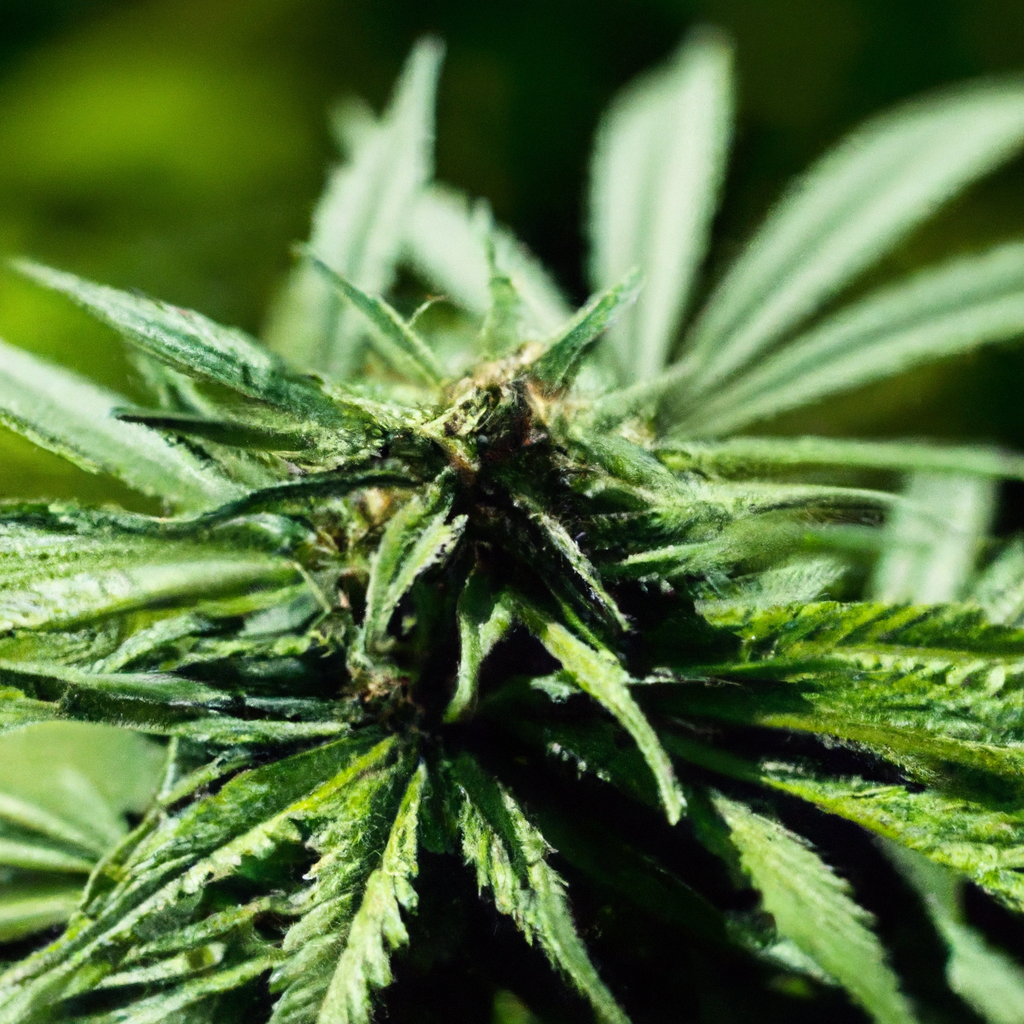
As the cannabis industry expands, understanding its intricate relationship with biodiversity is key for sustainable development. Cannabis cultivation, when managed responsibly, can positively impact biodiversity by providing habitat, attracting pollinators, and improving soil health. However, challenges such as deforestation, pesticide use, and high water demand pose risks. Adopting sustainable practices like integrated pest management, companion…

Cannabis cultivation requires careful management of pH levels, as the right balance is vital for nutrient availability and plant health. This article explores pH management science, detailing the ideal pH range of 5.5 to 6.5 for cannabis and how deviation can lead to nutrient lockout. It provides guidance on measuring and adjusting pH using meters,…
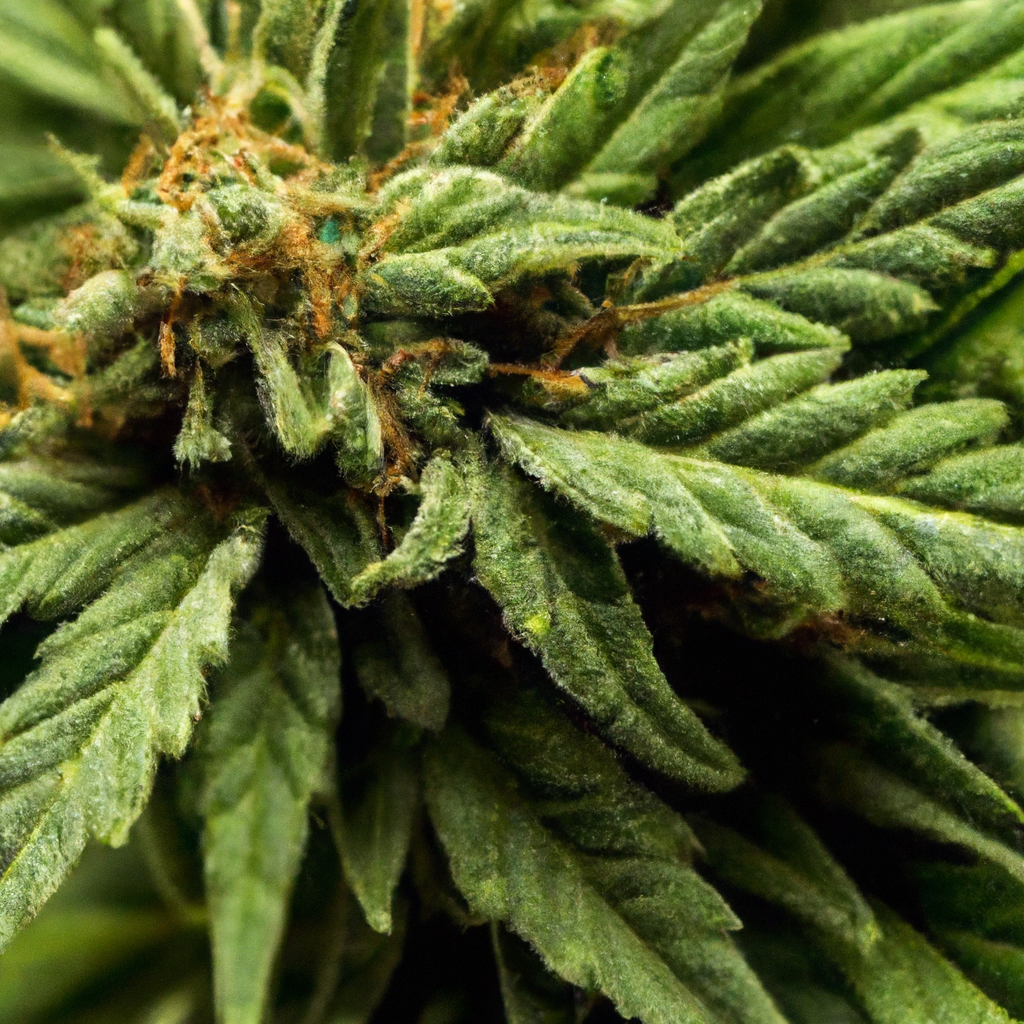
Delve into the aromatic world of cannabis, where terpenes—organic compounds responsible for each strain’s unique scent—play a central role. This article explores how aromas, such as those from limonene, myrcene, and linalool, not only contribute to the plant’s allure but also guide consumer choices based on desired effects. Beyond smell, terpenes interact with cannabinoids to…
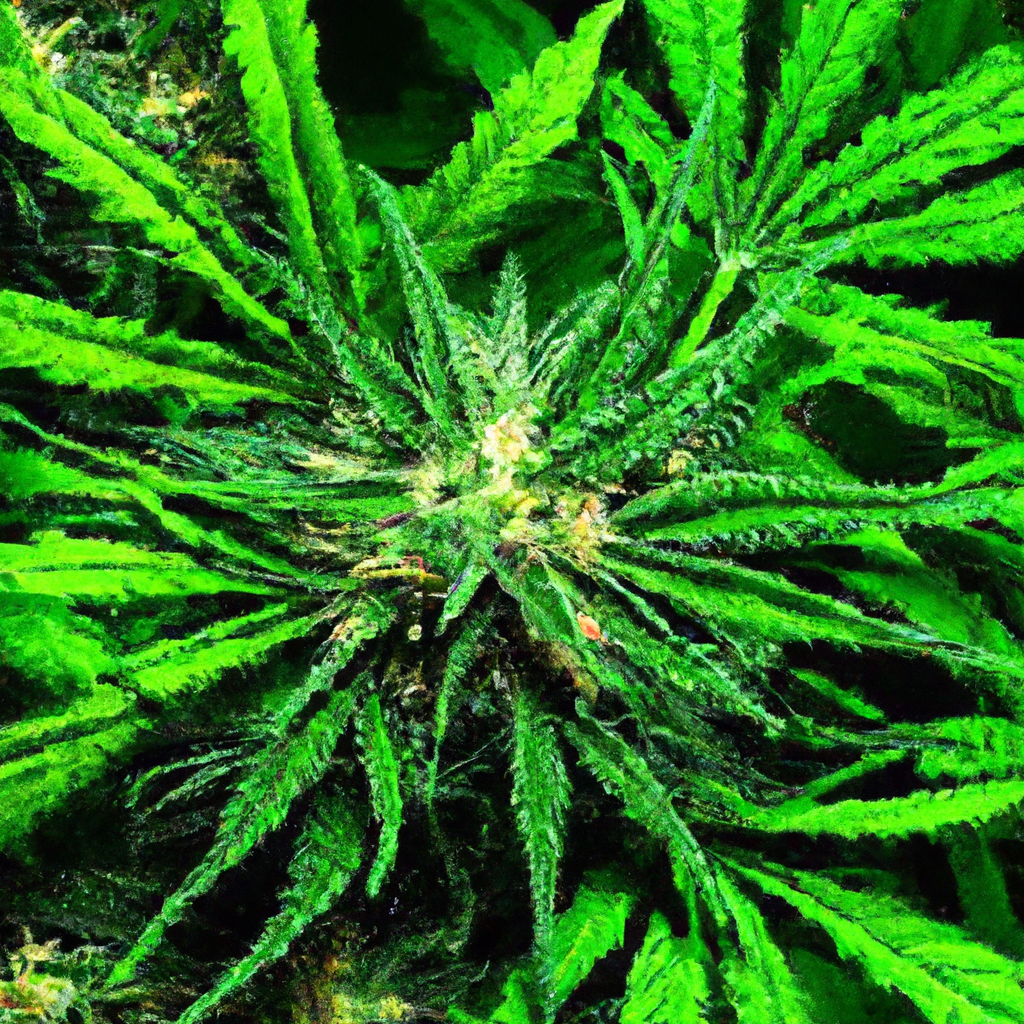
The integration of AI in cannabis cultivation is revolutionizing the industry by providing innovative solutions to optimize yield, improve plant health, and enhance product quality. AI enables precision agriculture through real-time monitoring and adjustments to environmental conditions, and offers advanced pest management by analyzing patterns for early threat detection. It aids in data-driven yield optimization,…
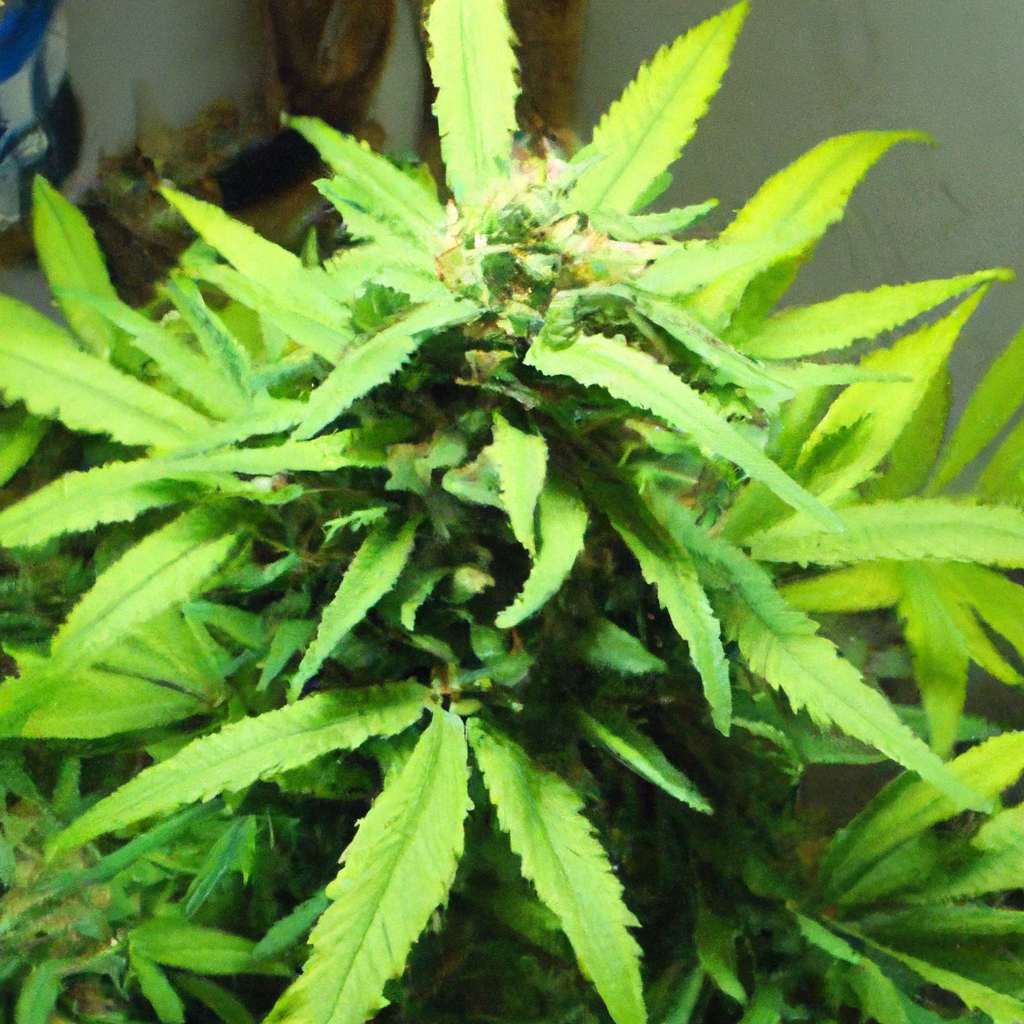
Cannabis cultivation involves understanding the complex symbiotic relationships between plants and their environment. Symbiosis, including interactions with beneficial microbes and companion planting, can significantly enhance growth and yield. Mycorrhizal fungi and beneficial bacteria improve nutrient uptake and stress resistance, while companion plants like basil, lavender, and marigold offer pest control and other benefits. To harness…
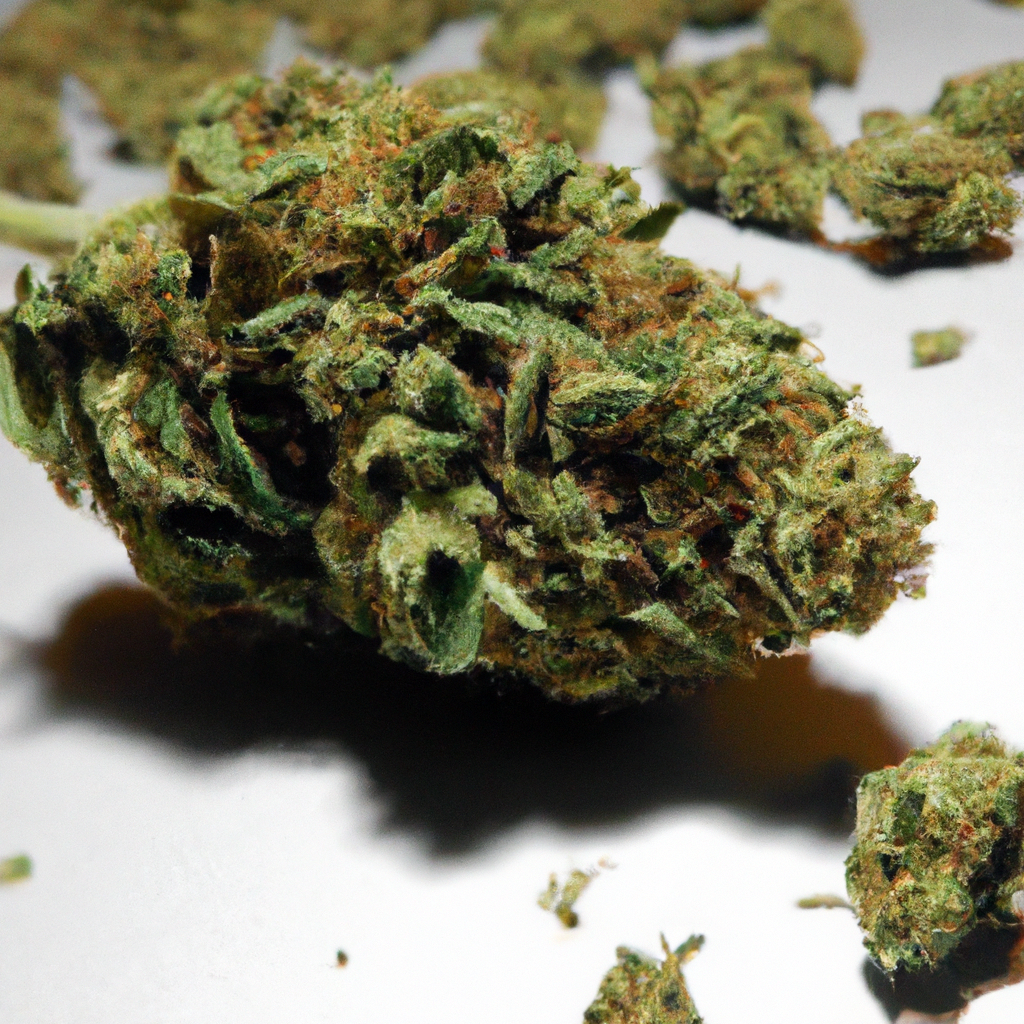
Cannabigerol (CBG), often called the “mother of all cannabinoids,” is gaining attention for its health and medicinal potential. As a non-psychoactive cannabinoid, CBG is the precursor to other major cannabinoids like THC and CBD. Despite being found in smaller concentrations, CBG offers promising health benefits, including anti-inflammatory properties, neuroprotective effects, antibacterial activity, and potential cancer-fighting…
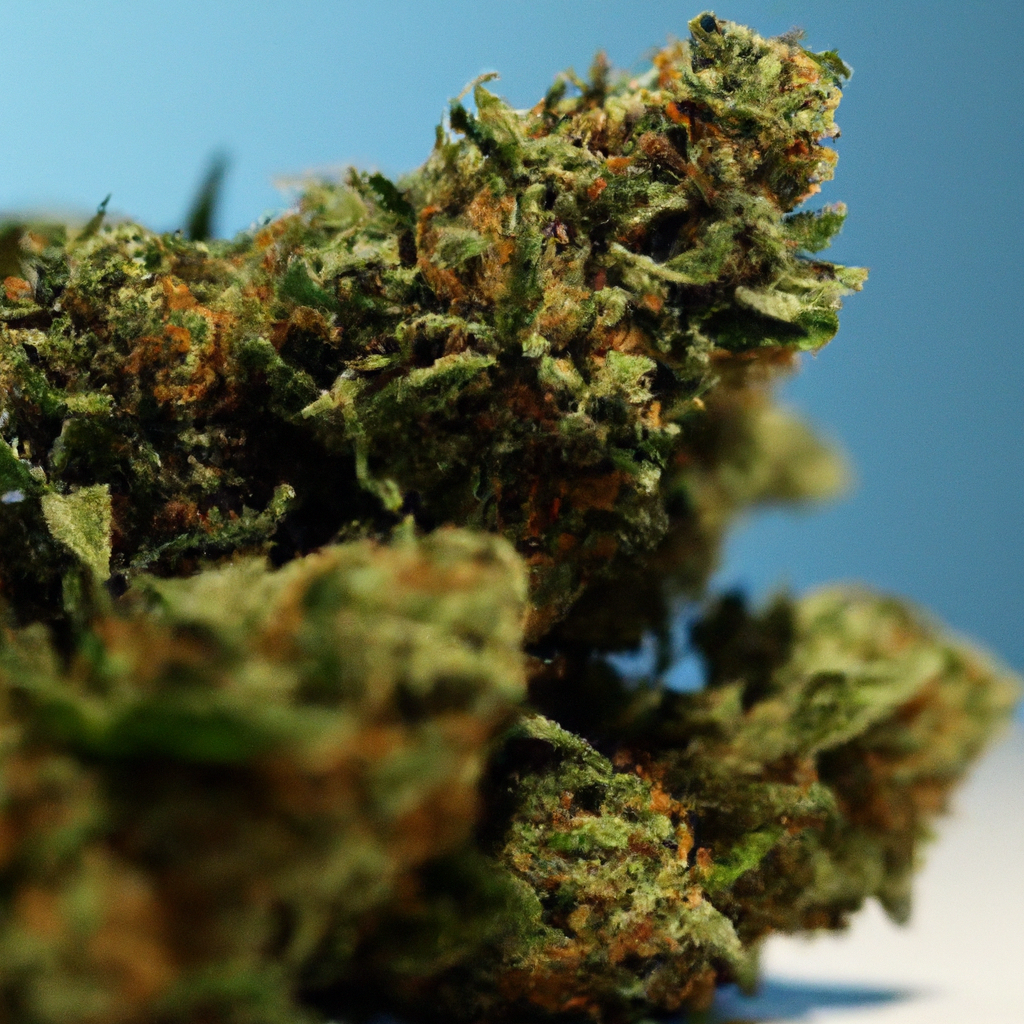
In recent discussions about healthcare, cannabis has emerged as a promising option for enhancing end-of-life care. This blog post explores its potential to improve patient comfort and quality of life through effective pain relief and anxiety management. Cannabinoids like THC and CBD may offer therapeutic benefits without some of the harsh side effects of traditional…
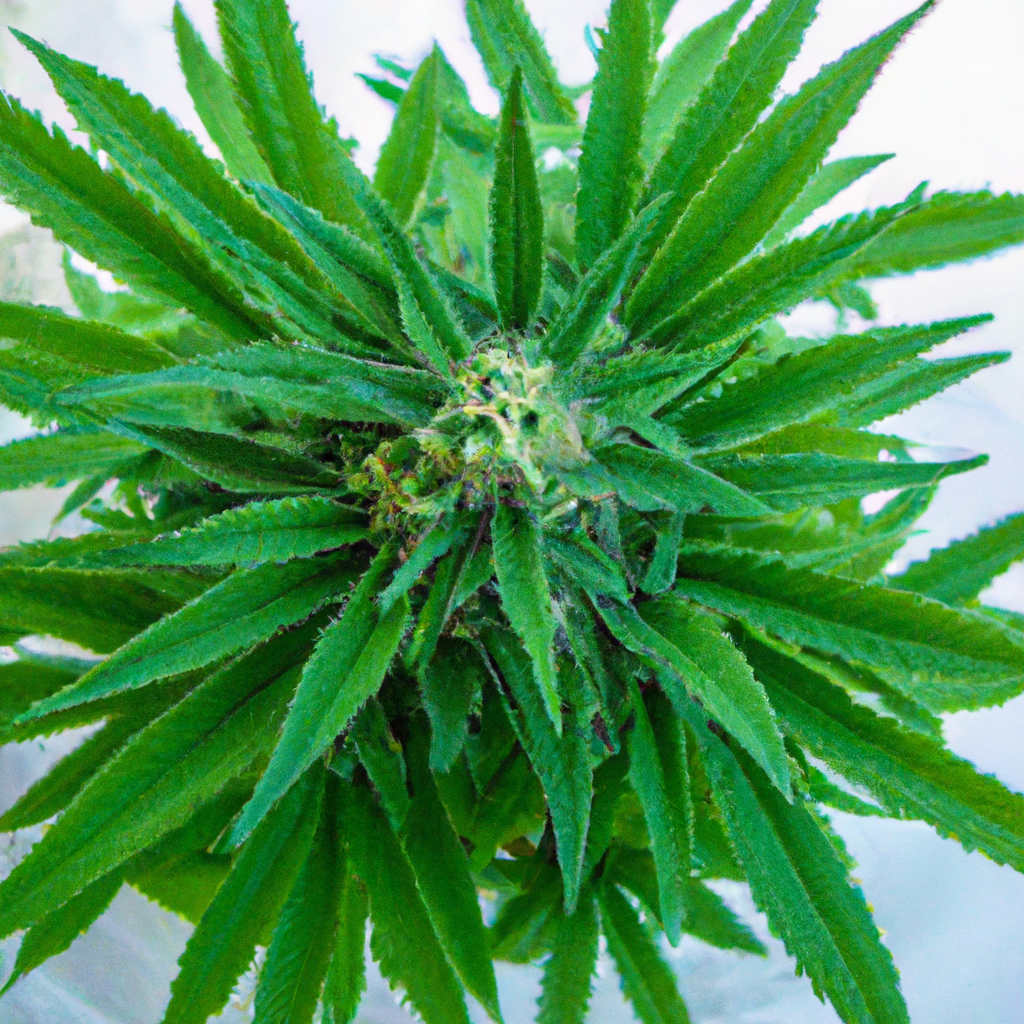
Proper hydration is essential for successful cannabis cultivation, balancing nature and nurture for optimal plant health and yield. This guide delves into the science of watering techniques tailored to different growth stages—seedling, vegetative, and flowering. It also explores various methods like drip irrigation, wicking systems, and flood and drain systems suited to soil-based, hydroponic, or…
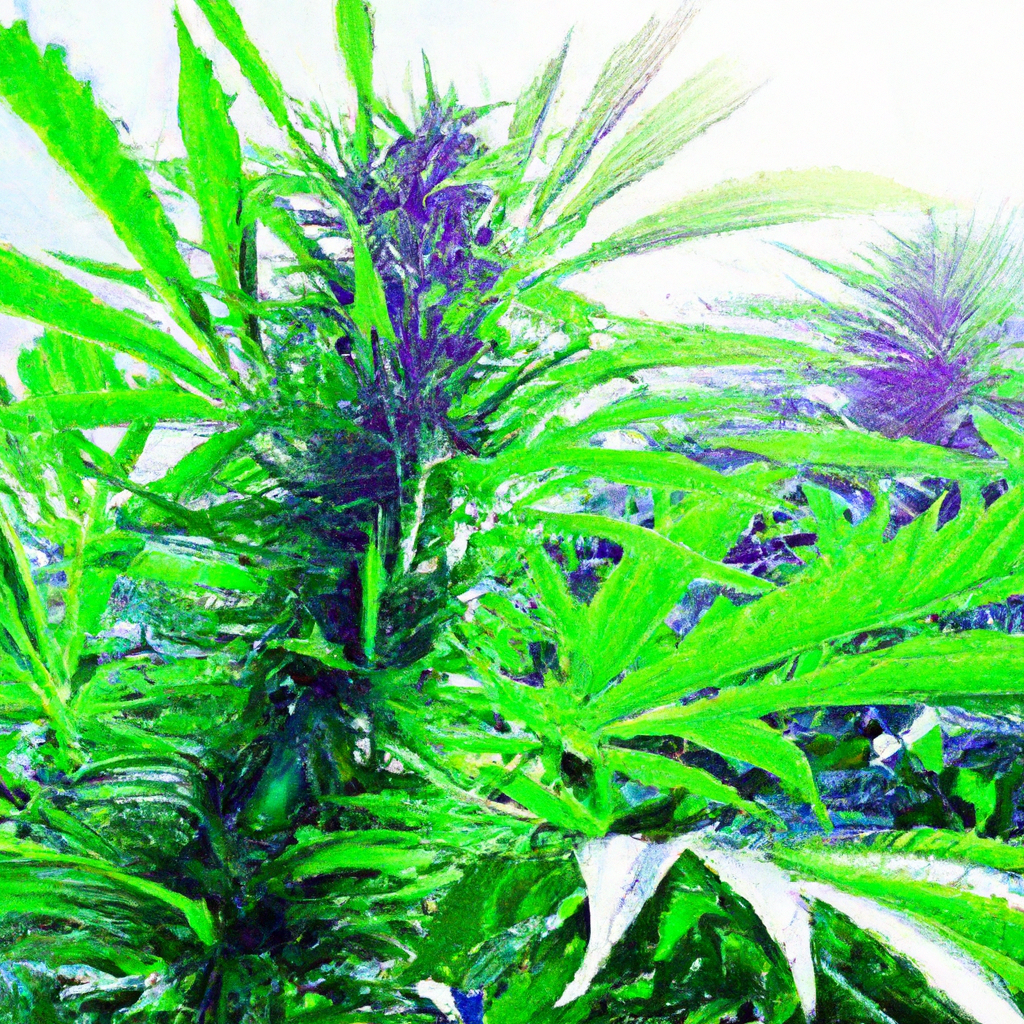
As the cannabis industry expands, growers are increasingly adopting ultraviolet (UV) light to boost yield and quality by mimicking the natural sunlight spectrum. UV light enhances the production of secondary metabolites like flavonoids and terpenes, with specific spectra (UV-A, UV-B, and UV-C) affecting plant growth differently. Effective implementation involves careful management of intensity, timing, and…
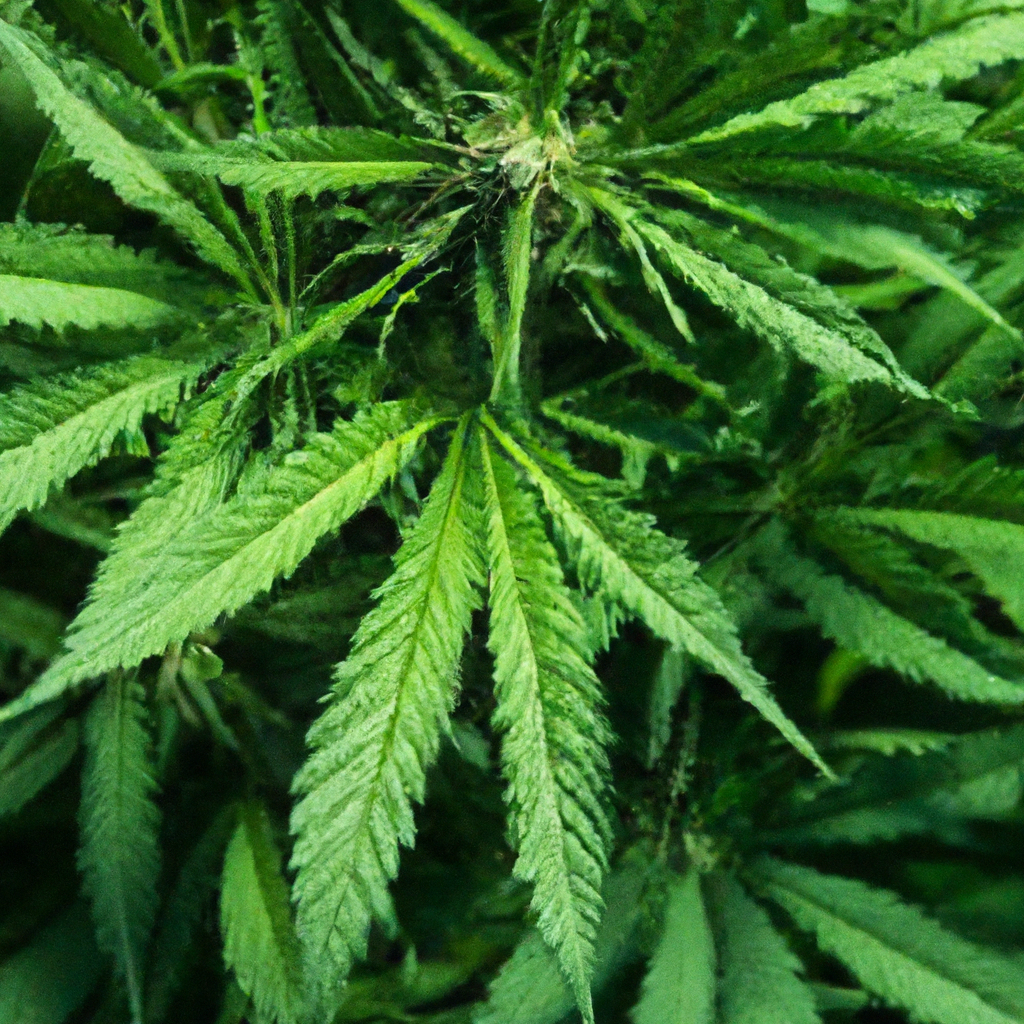
The cannabis industry offers promising eco-friendly solutions by integrating into sustainable practices, making significant contributions to a sustainable future. As a crop, cannabis requires less water, improves soil health, and aids in carbon sequestration. It reduces the agricultural footprint through organic and smart agriculture methods. Beyond consumption, cannabis supports bioproduct innovations like hemp bioplastics, hempcrete,…
